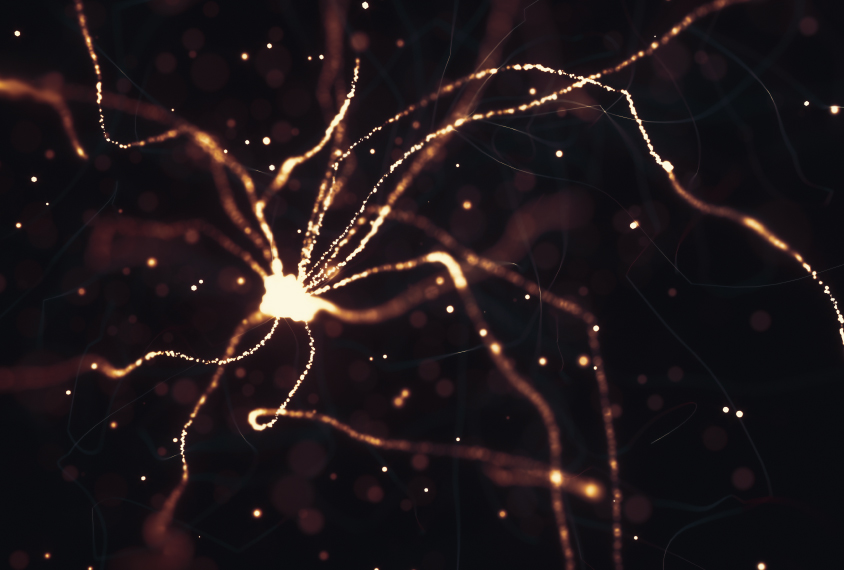I am a postdoctoral fellow in the lab of Arnold Kriegstein at the University of California, San Francisco (UCSF). I focus on applying single-cell genomics techniques to study the development of specific cell types of the human brain, as well as to understand how these cell types are affected in various diseases, especially autism. Before starting my work at UCSF, I did my PhD at the University of Miami focusing on genomic analysis of autism. I did my B.S. and MS at Moscow State University in my native Russia, where I worked on animal models of epilepsy and Alzheimer’s disease.
Dmitry Velmeshev
Postdoctoral Scholar
University of California, San Francisco
From this contributor
Single-cell analysis suggests brain signaling problems in autism
Recent advances in technology allow researchers to measure RNA that is contained within the nucleus of a single brain cell.

Single-cell analysis suggests brain signaling problems in autism
Explore more from The Transmitter
Two primate centers drop ‘primate’ from their name
The Washington and Tulane National Biomedical Research Centers—formerly called National Primate Research Centers—say they made the change to better reflect the breadth of research performed at the centers.

Two primate centers drop ‘primate’ from their name
The Washington and Tulane National Biomedical Research Centers—formerly called National Primate Research Centers—say they made the change to better reflect the breadth of research performed at the centers.
Post-infection immune conflict alters fetal development in some male mice
The immune-conflict between dam and fetus could help explain sex differences in neurodevelopmental conditions.

Post-infection immune conflict alters fetal development in some male mice
The immune-conflict between dam and fetus could help explain sex differences in neurodevelopmental conditions.
Three ecological psychologists on the right and wrong ways to use the field’s principles in neuroscience
Matthieu de Wit, Luis H. Favela and Vicente Raja weigh in on the recent trend of neuroscientists importing concepts from ecological psychology, the study of how an organism’s interactions with its environment explain perception and action.
Three ecological psychologists on the right and wrong ways to use the field’s principles in neuroscience
Matthieu de Wit, Luis H. Favela and Vicente Raja weigh in on the recent trend of neuroscientists importing concepts from ecological psychology, the study of how an organism’s interactions with its environment explain perception and action.